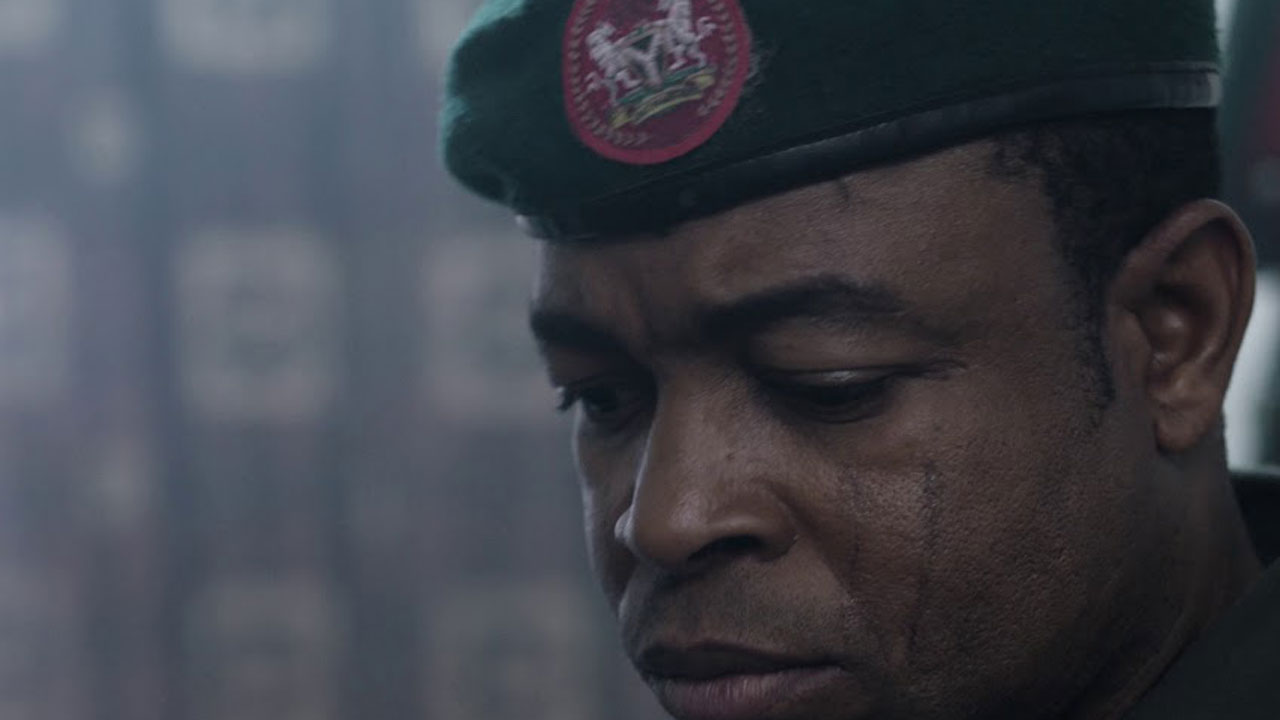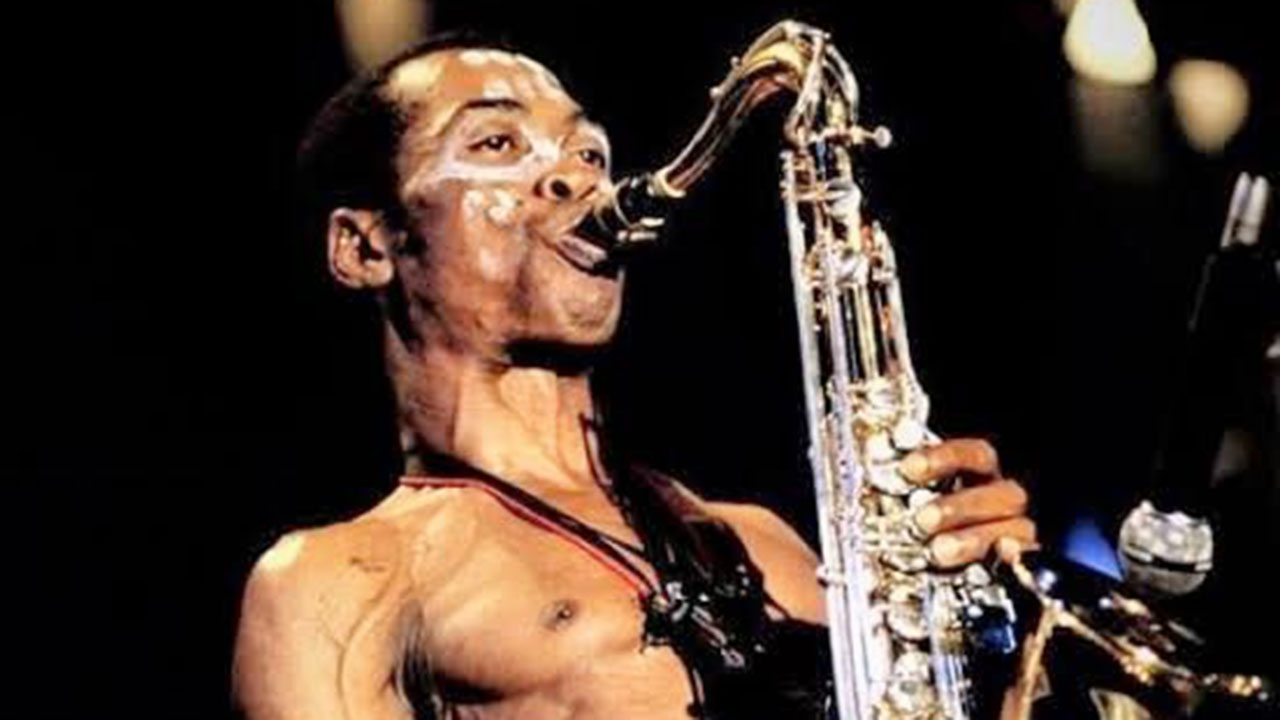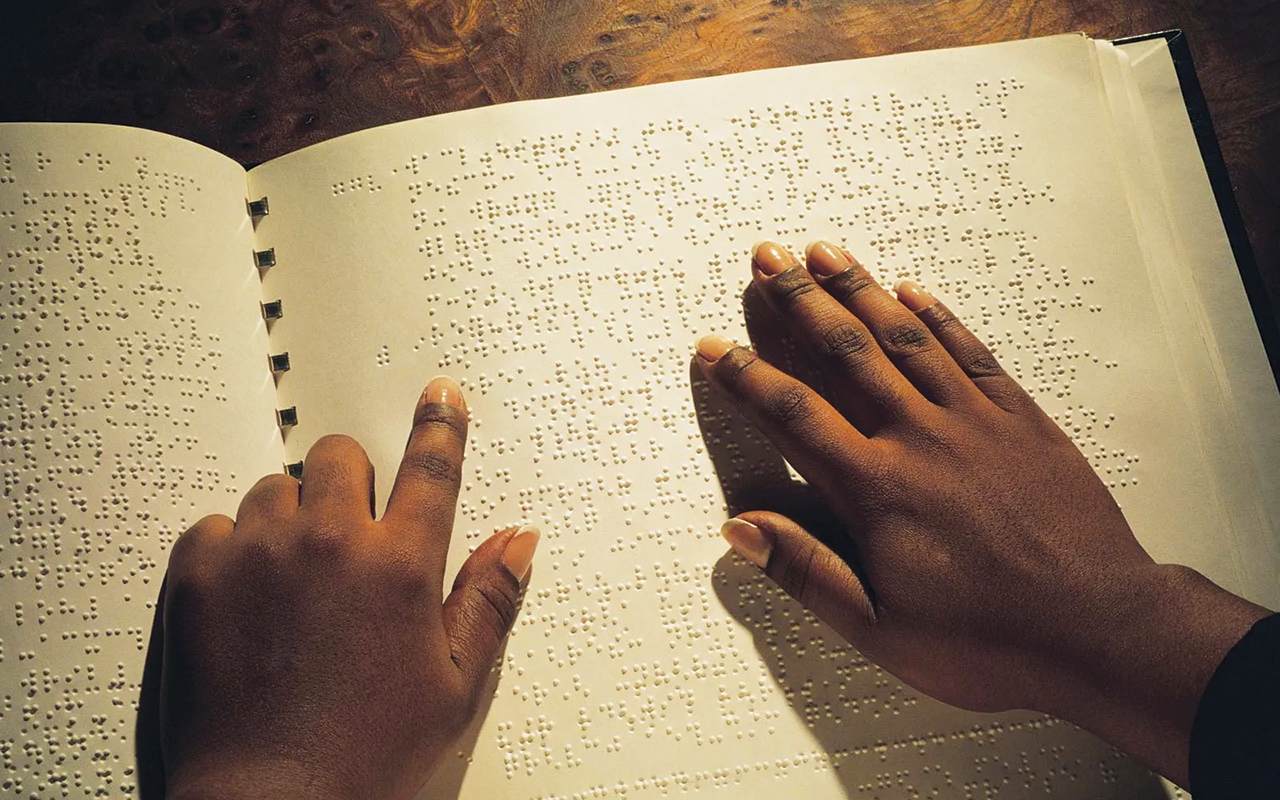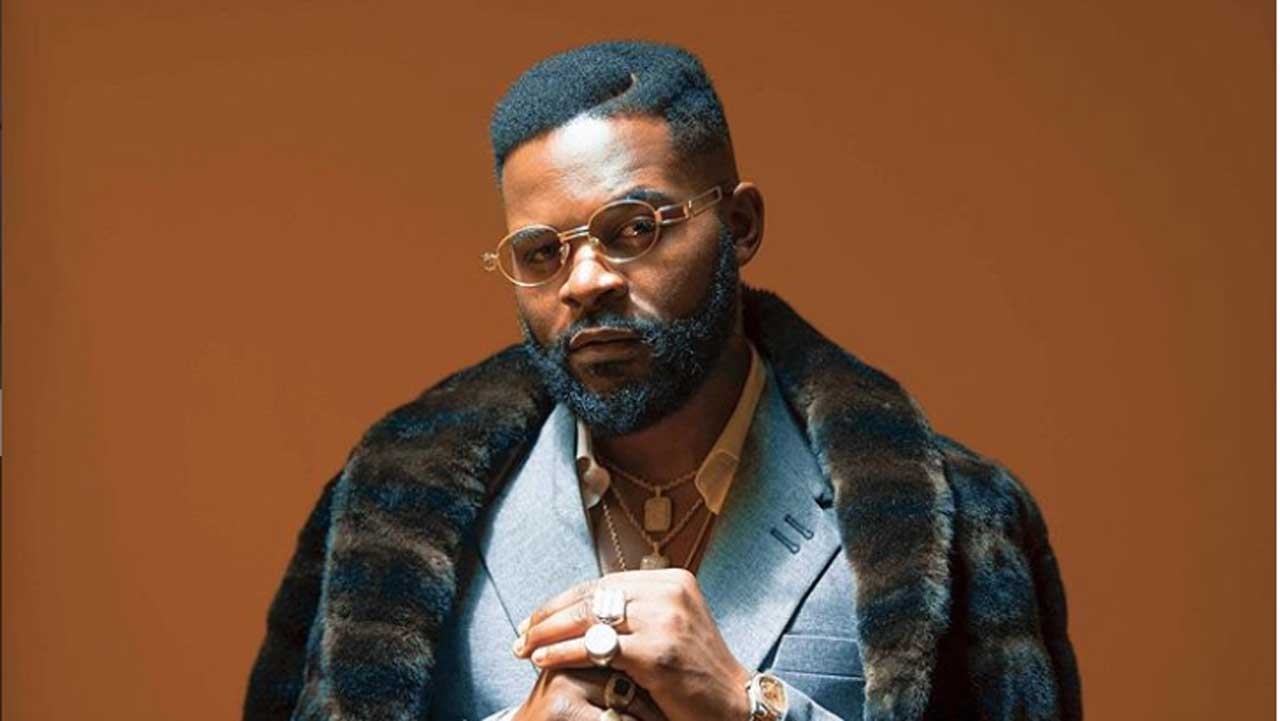 Full Disclosure: I am not a fan of former military president Ibrahim Babangida. I am however a fan of Obi Emelonye the filmmaker for his pursuant of excellence in the Nollywood industry. And I received an unsolicited invitation to the 2021 premiere of his latest film, Badamasi: Portrait of a General (2019), the biopic of General Ibrahim Badamosi Babangida. Having said that, these brief comments on the film are made from an artistic position.
Full Disclosure: I am not a fan of former military president Ibrahim Babangida. I am however a fan of Obi Emelonye the filmmaker for his pursuant of excellence in the Nollywood industry. And I received an unsolicited invitation to the 2021 premiere of his latest film, Badamasi: Portrait of a General (2019), the biopic of General Ibrahim Badamosi Babangida. Having said that, these brief comments on the film are made from an artistic position.
Badamasi premiered at the Cineworld, O2 Arena.in south London on the 28th anniversary of the popular election that purportedly Basorun MKO Abiola won in 1993, an election that was latter annulled a few days later before the infamous stepping aside of General Babangida as the president of Nigeria (or was it just as the Commander in Chief of the Armed Forces?)
Another caveat: we all know the story, are at least versions of it. Majority of us lived through the events of the film, right from the opening montage of actions from the Nigeria-Biafra War (also known as Nigerian Civil War) of 1967-1970) to the annulment of the June 1993 elections.
The version in Badamasi is, however, different from all the others simply because this was Babangida’s version, the recollection of events from the mind of ‘the evil genius’.
The film starts on the battlefield of Biafra (Asaba) where Captain Babangida received injuries during a heroic exercise to rescue a colleague – he still carries the shrapnel as well as nerve damage to his leg (radiculopathy).
Flashback to growing up in Wushishi and Minna and the decision to join the army to become an engineer. Babangida had an early dream to build the country.
A series of tableaux follow – meeting and marrying Maryam King, involvement in the scuttling the Feb 1976 coup d’etat that killed Gen Muritala Muhammed, the December 1983 coup d’etat that re-introduced Major General Muhammad Buhari to the nation as the man who would only ‘appoint people from Daura to secure loyalty and allegiance’, his stepping up to power in August 1985, and his stepping aside in 1993. All told from the reflection of a heroic mirror.
The actions of those eight years have defined the current state of our country, but not as interestingly lived as Badamasi in the film, in association with his henchman, his Khalifah, General Sani Abacha. [Actually, I find this term problematic, as it confers a messianic persona on Babangida, but, remember, this was his story. We shouldn’t really be too much bothered, as he also called himself ‘Maradona’, ‘the evil genius’, and avowed friend of Dimka, Vatsa and Abiola].
Moving away from the plot, you will find Badamasi a superbly produced film. It did not ‘feel’ like Nollywood. The quality is reflective of the director and writer, Obi Emelonye, whose other films display similar excellence.
Emelonye’s Heart 2 Heart (2020) was the first lockdown film, made in 2020, after blockbusters The Mirror Boy (2011), Last Flight to Abuja (2012), and Onye Ozi (The Messenger; 2013), and the expected Black Mail (2021).
Directed by Emelonye, Badamasi stars Africa Movie Academy Award nominated Enyinna Nwigwe, supported by Sani Danaja (Sani Abacha), Maryam Babangida (Amara Uwakwe-Anyanwu), Okey Bakasi (Chief Athur Nzeribe), and a host of others.
Shot in locations in Nigeria, the photography of Abiola Oke is precise and innovative, especially in the crowd scenes.
Badamasi is, however, not a history lesson. The filmmaker did not advertise it as such. In fact, Emelonye codes the film as ‘Portrait’ (though more precisely, it should have been ‘A Portrait’).
Missing from the frame are players such as Domkat Bali and Ernest Shonekan, and other events that colour the regime of Babangida – the institutionalised corruption, the devaluation of the Naira and total abolition of subsidies, the Islamisation of Nigeria joining the Organisation of Islamic Conference (OIC), Mamman Vatsa’s execution, the assassination of Dele Giwa, drug trafficking and extra judicial killings, the appalling human rights records, the ‘Maradonaic’ dribbling, and the proscription of media houses.
Also missing are the deportation orders (Patrick F. Wilmot of Ahmadu Bello University, Zaria and Firinne Adelugba of Bayero University, Kano, were abducted and deported on 8 March, 1988 for being critical of government policies), the banning of Nigerians from participating in elections, and the fact that he was directly involved in all coups d’etat in the country except three or four, etc. As I said, this was a version from the perspective of one man – Ibrahim Babangida.
We need to make clear that filmmaker Obi Emelonye is the medium, not the storyteller.
One important fact that came from this film is that Babangida as a military leader, as a president, as an individual, does not care much about anything unless it means power and control and loyalty to his interests. Babangida is a man who plays all sides but supports only one. Badamasi the story may be faulty; Badamasi the film is an excellent departure from the Nollywood fair in its brilliance, attention to technical details and quality of production.
Highly recommended.
• Dr. Adeyemi, a writer and culture critic, is of the Goldsmith’s College, London






